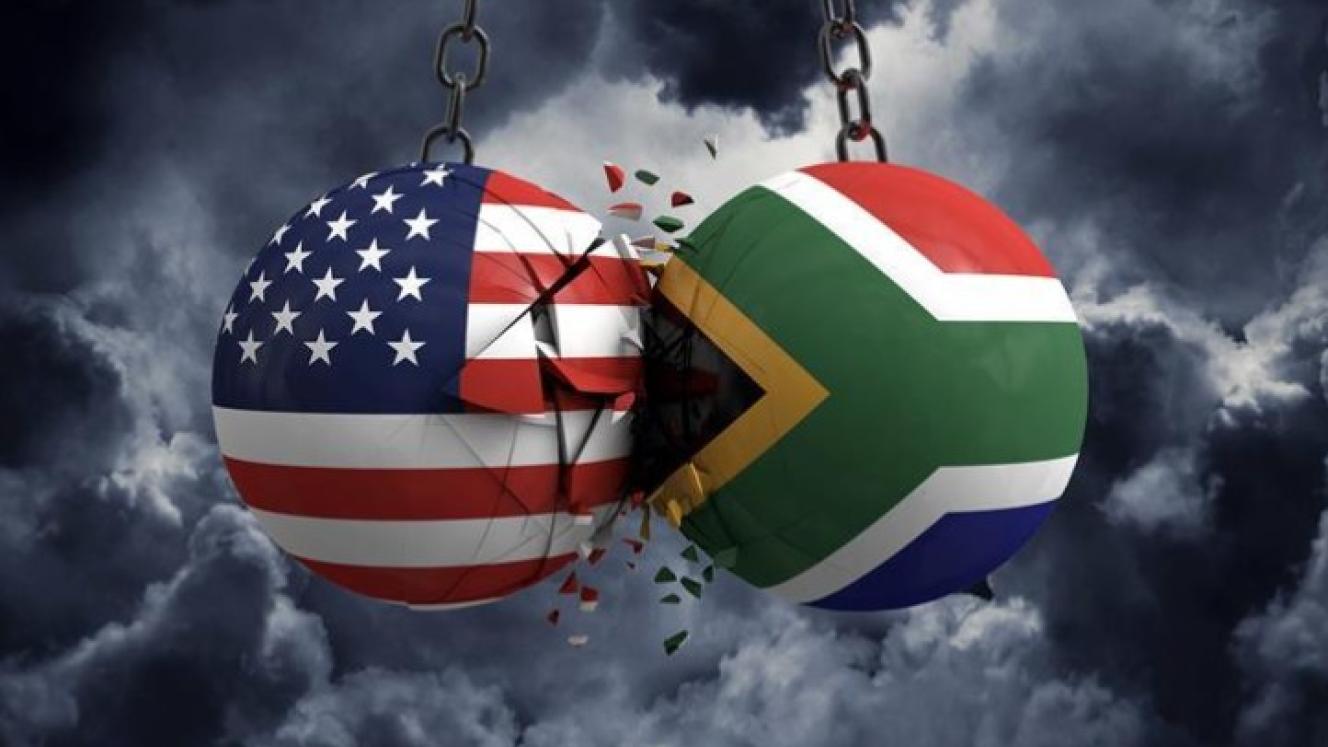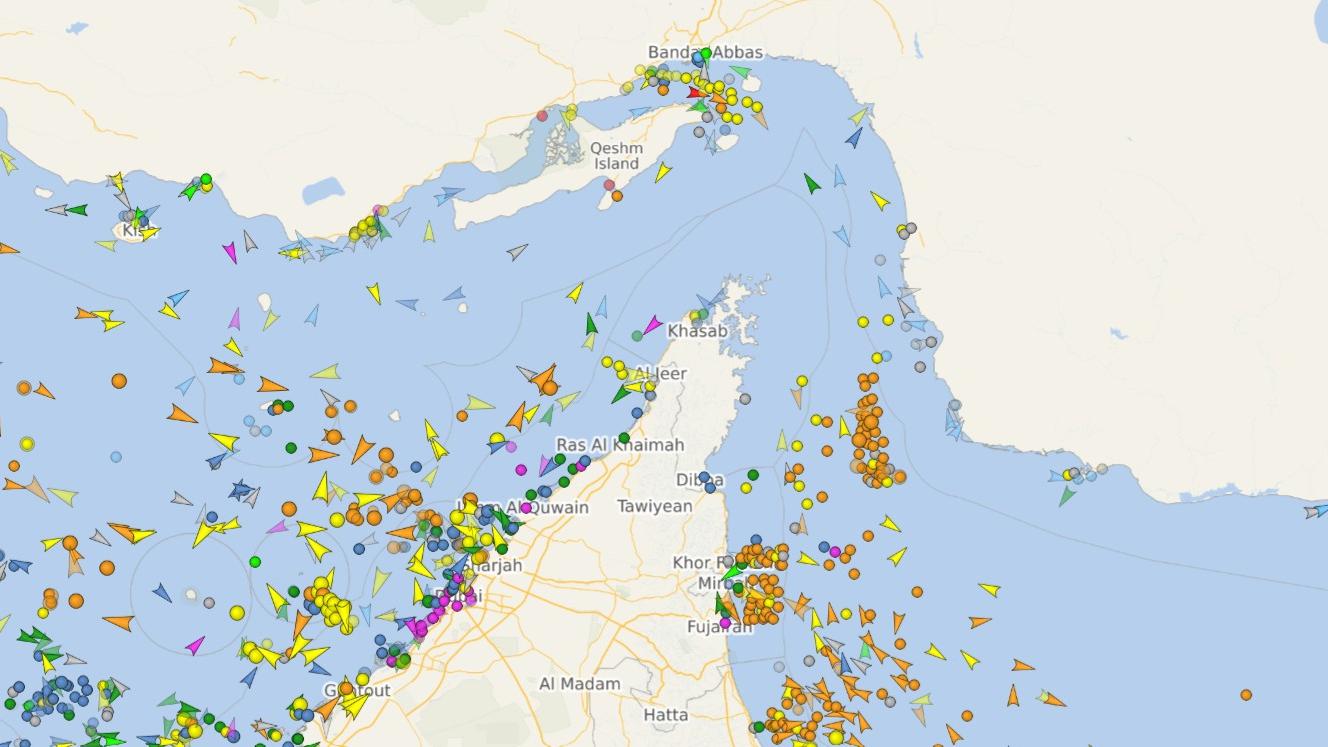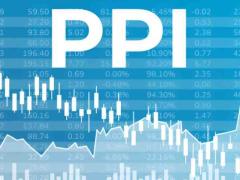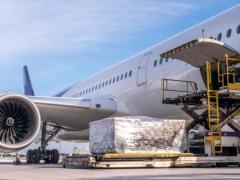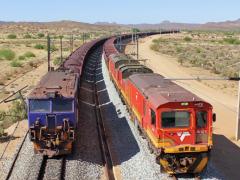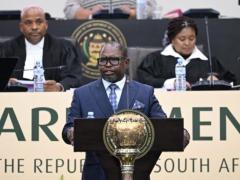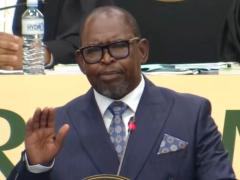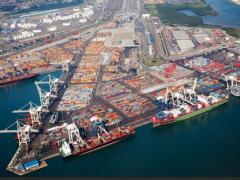United States Senator John Kennedy has introduced the African Growth and Opportunity Act (Agoa) Extension and Bilateral Engagement Act, known as Agoa 2.0, to renew the trade programme for two years.
But South Africa has been targeted for exclusion from Agoa 2.0 due to its alignments with US adversaries.
The Bill was introduced to the US Senate on September 30, shortly after Agoa lapsed, impacting duty-free access for 32 eligible sub-Saharan African nations and disrupting billions in exports reliant on South African logistics corridors.
It was tabled and sent to the Committee on Finance but no further action was taken as the US government was in shutdown for 43 days and only recently reopened.
The Department of Trade, Industry and Competition revealed the existence of the Bill during a presentation to the portfolio committee on Tuesday. It said trade negotiations with the US were ongoing and it had not given up hope that Agoa would be revived as there was support for it among Republicans and Democrats.
The Bill introduces strict eligibility criteria, including democratic governance, rule of law, human rights protections, anti-corruption measures, and open markets. It mandates a US strategy for bilateral trade agreements with select Agoa countries and explicitly incorporates the senator's US-South Africa Bilateral Relations Review Act to address Pretoria's relations with Beijing and Moscow.
In addition, the Bill highlights US concerns over South Africa's alignments with adversaries like China (infrastructure/economic influence), Russia (Ukraine war support), and Hamas (anti-Israel stances), deeming them threats to US national security and foreign policy. It frames a mandated comprehensive bilateral review of US-SA relations by the US President, in consultation with State, Defense, and other agencies, assessing Pretoria's actions undermining US interests.
Within 120 days of enactment, the President must submit an unclassified report (with a classified annex) to congressional committees certifying whether South Africa complies with Agoa eligibility criteria.
Section 204 requires a classified report identifying corrupt or abusive South African officials/ANC leaders under Global Magnitsky standards, with potential sanctions. Overall, the Bill prioritises bilateral trade pacts with compliant Agoa nations, including South Africa, if certified, to counter Chinese influence on the continent.
“China is using Africa to expand its influence at America’s expense. We need to rethink our relationships in the region while strengthening trade with African countries that share our values. This Bill makes sure Agoa works for America’s interests – not against them,” Kennedy said in his official announcement.
For South Africa, exclusion would revoke duty-free status, threatening an estimated $2.8 billion in annual exports.
This includes automotive parts from Eastern Cape assembly lines, citrus and wine shipments via Cape Town and Durban ports, and textile flows through Johannesburg's inland hubs, disrupting established sea-rail multimodal chains and raising freight costs. Exports under Agoa previously supported hundreds of thousands of jobs in logistics-dependent value chains.
Agoa, enacted by Congress in 2000, provided duty-free US market access to thousands of products from qualifying countries in exchange for commitments to market-based economies, democracy, and the rule of law. At expiration, total Agoa-enabled trade reached significant volumes, with South Africa accounting for a substantial share in automotive components, agricultural goods, and apparel – sectors heavily dependent on efficient port and rail networks.
